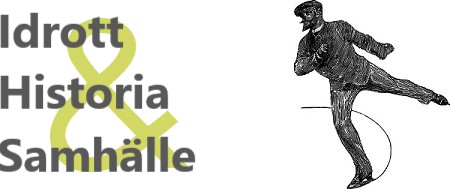Kulturelle og politiske betydninger av aktivitetstilbud for barn og unge på urfolksfestivalen Riddu Riđđu
En helhetlig tilnærming
DOI:
https://doi.org/10.61684/ihs.2023.18892Abstract
This article focuses on the activities offered to children and young
people at the international indigenous festival Riddu Riđđu in
Gáivuotna/Kåfjord municipality in Troms, Norway. The study
sheds light on how Mánáidfestivála (children’s festival) at Riddu
Riđđu function as decolonization against Norwegianisation
(Norwegian colonisation), and how Sami/indigenous perspectives
are expressed in such processes. The aim is to contribute to the
knowledge about the importance of indigenous festivals for indigenous
people both in Sápmi and internationally. The article is
based on fieldwork at Riddu Riđđu festival in the period 2009-2019
with the focus on Mánáidfestivála. Riddu Riđđu started in 1991,
as part of the historical development after the Alta-conflict, the
establishment of the Sámi Parliament and it has had great significance
in the revitalization of the Sámi culture. The activities for
children and young people are central to this development as an
initiative for decolonization processes for the indigenous peoples.
We apply indigenous paradigm and indigenous methodology. The
data material consists of document analysis, field conversations
and notes and in-depth interviews. Our findings show that Riddu
Riđđu is an important arena for developing, highlighting, and revitalizing Sámi and indigenous culture through the development of solidarity and in holistic approaches.
Downloads
Publicerad
Versioner
- 2024-07-01 (2)
- 2024-02-20 (1)
Referera så här
Nummer
Sektion
Licens

Det här verket är licensierat under en Creative Commons Erkännande 4.0 Internationell-licens.



